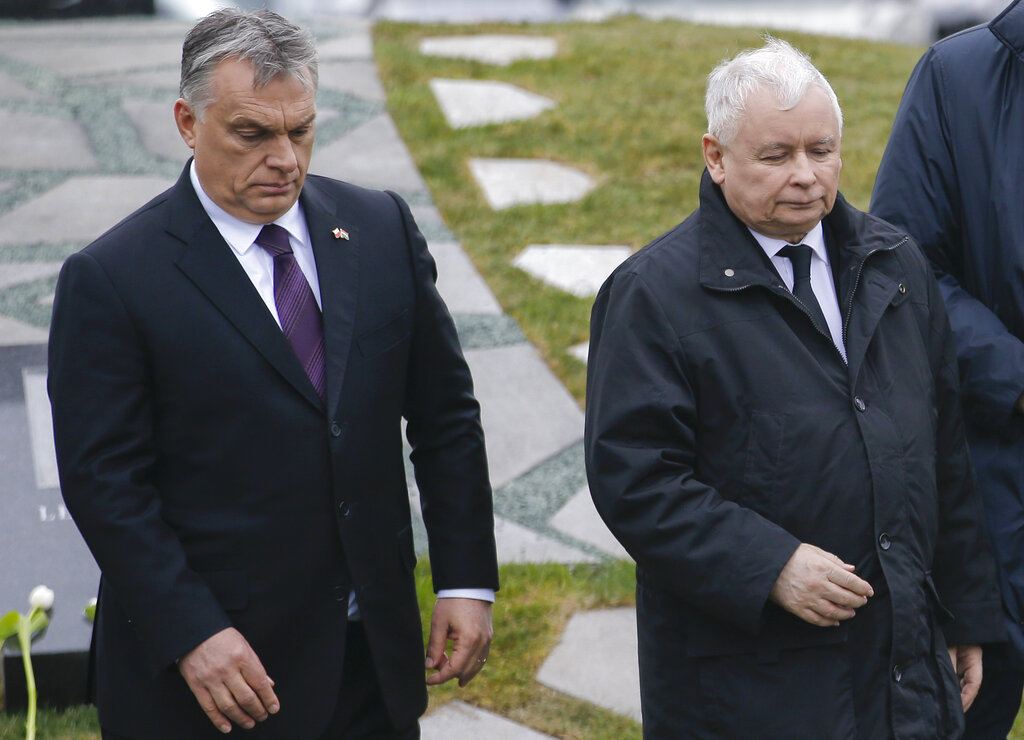Poles and Hungarians have traditionally seen each other as brothers in arms who enjoy a special relationship. The war in Ukraine has thrown this into doubt.
The governments of the two countries have interpreted the war in Ukraine very differently, have different views on the military, and their peoples view the conflict differently too.
According to a Pew Research Center Poll, carried out with Poles and Hungarians in March and April of 2023, 48 percent of Hungarians oppose sanctions on Russia, 34 percent support them, and another 8 percent want these sanctions tightened.
On the other hand, in Poland, 67 percent want sanctions on Russia to be tightened and only 3 percent want them to be lifted. The percentage of Poles supporting sanctions against Russia is almost 20 points higher than after Russia’s annexation of Crimea in 2014.
Hungary and Poland also view the United States rather differently. The number of Hungarians who think their relations with Washington are important has fallen from 24 percent in 2019 to 17 percent today. In Poland, the situation is exactly the opposite, in 2019 only 29 percent felt relations with the U.S. were important, while now that figure has reached 76 percent.
Ninety-three percent of Poles view relations with NATO as important, whereas that figure in Hungary is only 56 percent. In Poland, 70 percent of Poles trust Ukrainian President Volodymyr Zelensky, while in Hungary that figure is only 11 percent. Only 1 percent of Poles trust Vladimir Putin. In Hungary, 19 percent trust him.
President Joe Biden is trusted by 83 percent of Poles and only 19 percent of Hungarians.
Only a third of Hungarians think Russia is a military threat to its neighbors, and just over a quarter see it as no threat at all. In Poland, 77 percent see Russia as a threat, and only 5 percent think it is not.
The differences do not mean Poles and Hungarians cannot see eye to eye on many issues in Europe. They simply have different interests dictated by geography and history.
Russia has been a constant threat to Poland throughout history. Hungary is more focused on the loss of its territory after the Trianon treaty dating back to the First World War, which led to very significant Hungarian minorities in Ukraine, Slovakia, Romania and Serbia.






